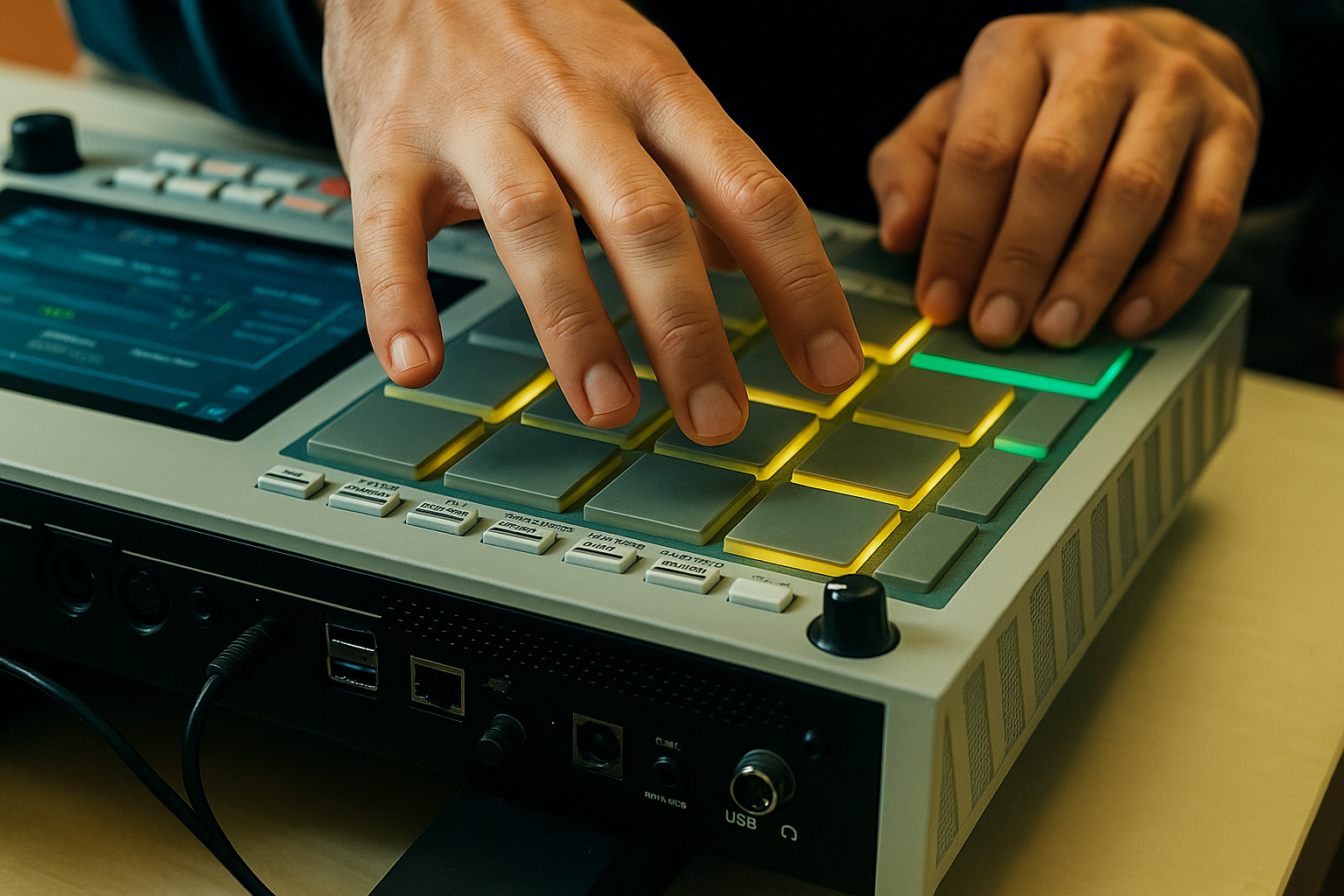If you’ve ever wondered how to make money selling beats online, you’re not alone. Thousands of producers are trying to turn their passion into income every day.
But here’s the truth: uploading a few loops to a marketplace isn’t enough anymore. To really earn from your music, you need to treat your beats like a business, from production quality to how you share your files and collaborate with artists..
First, let’s talk about what you make.
If your beat doesn’t sound clean, professional and clearly presented, it’s going to struggle to sell. Buyers immediately sense when a beat lacks polish, whether it’s weak mixing, rough arrangement or just a messy export. So your first step: pick your best 5-10 beats, polish them, and export high quality WAV/MP3 with clear naming, tag-free, ready to license.
Second, decide how you’ll sell them.
Platforms like Airbit, Traktrain, Sellfy and your own website are all viable.
For example:
- Airbit lets you upload beats in minutes, set your own pricing, and get paid when someone buys.
- Traktrain emphasizes flexible pricing and transparent commissions.
- Sellfy’s blog instructs that having your own store can net more profit and give more control.
Third, marketing.
You could have the best beat in the world but if no one sees it, nobody buys it.
Build your brand, using “type beat” titles (e.g., “ArtistName-type beat”) for discoverability, regularly upload content on YouTube and Instagram, and engage with your audience consistently. Relevance and visibility matter.
As you grow, it’s worth organizing your workflow like a pro. Tools such as Sienna Sphere WebApp give you a clean, branded way to deliver stems, reference tracks, or full projects to clients.
You can even host your portfolio there, it looks more professional than a random link and keeps your files in one place.

Let’s walk through a realistic workflow for you to follow:
- Define your niche & sound: maybe you lean trap, maybe lo-fi, maybe pop. Pick one or two and build your identity.
- Produce & export: from your hard drive archive, pick your best refs, clean them up, create WAV + MP3 + tagged demo versions.
- Set up your store or platform: decide where you’ll sell: Airbit/Traktrain for ease; or Sellfy/your own site for branding. Upload, set pricing, license terms (lease vs exclusive).
- Licensing options: many producers offer tiered pricing: non-exclusive lease for lower cost, exclusive for higher cost. You can sell the same beat multiple times non-exclusively (providing more income) rather than just once.
- Promote smartly: upload YouTube videos (with great thumbnails + “type beat” titles), link to your store; use Instagram/TikTok to show behind-the-scenes, process videos; reach out to upcoming artists with DMs offering beat previews.
- Track your data & adapt: check which beats sell, which don’t; adjust pricing, style, visuals accordingly. Build an email list if you can.
- Diversify income: don’t just sell beats. You can also sell drum kits, loops, sample packs, offer custom production, or even create lessons. Sellfy notes that selling your “sound” (drum kits, loops) is a great complementary stream.
If you ask, “Can I actually make a living doing this?” the answer is yes, but it usually takes consistent output, smart business habits, and time. On Reddit, beat makers reflect that while results vary, some are earning a few hundred to thousand dollars a month by treating it like a business, not just a hobby.
A few final practical tips.
- Price your beats based on value: someone told me they sold the same beat 10 times at a lease price and made more than a single exclusive sale would have brought.
- Always use contracts or clear license terms. Even basic “lease” vs “exclusive” wording protects you.
- Brand your beat store: uniform visual identity, consistent release schedule, good customer service (fast replies).
- Protect your work: use tags, metadata, maybe YouTube uploads for proof of creation date.
- Keep your catalog growing: the more beats you have, the more chances you have for sales. Upload regularly.
To wrap up: selling beats online is business.
Make professional beats, choose the right platform, build your brand, and promote relentlessly. Over time, this combination can turn your studio nights into real income.
Start now.

